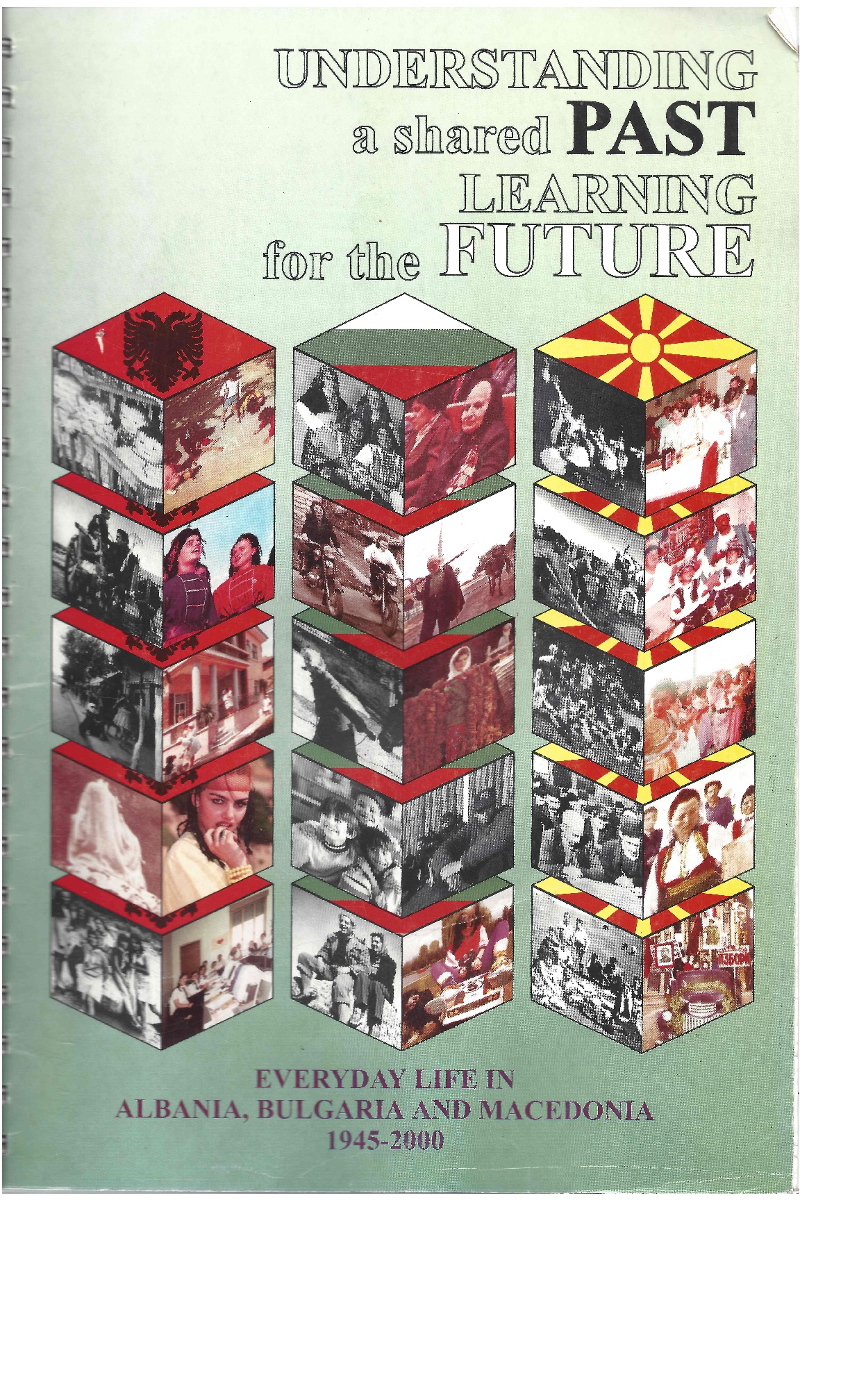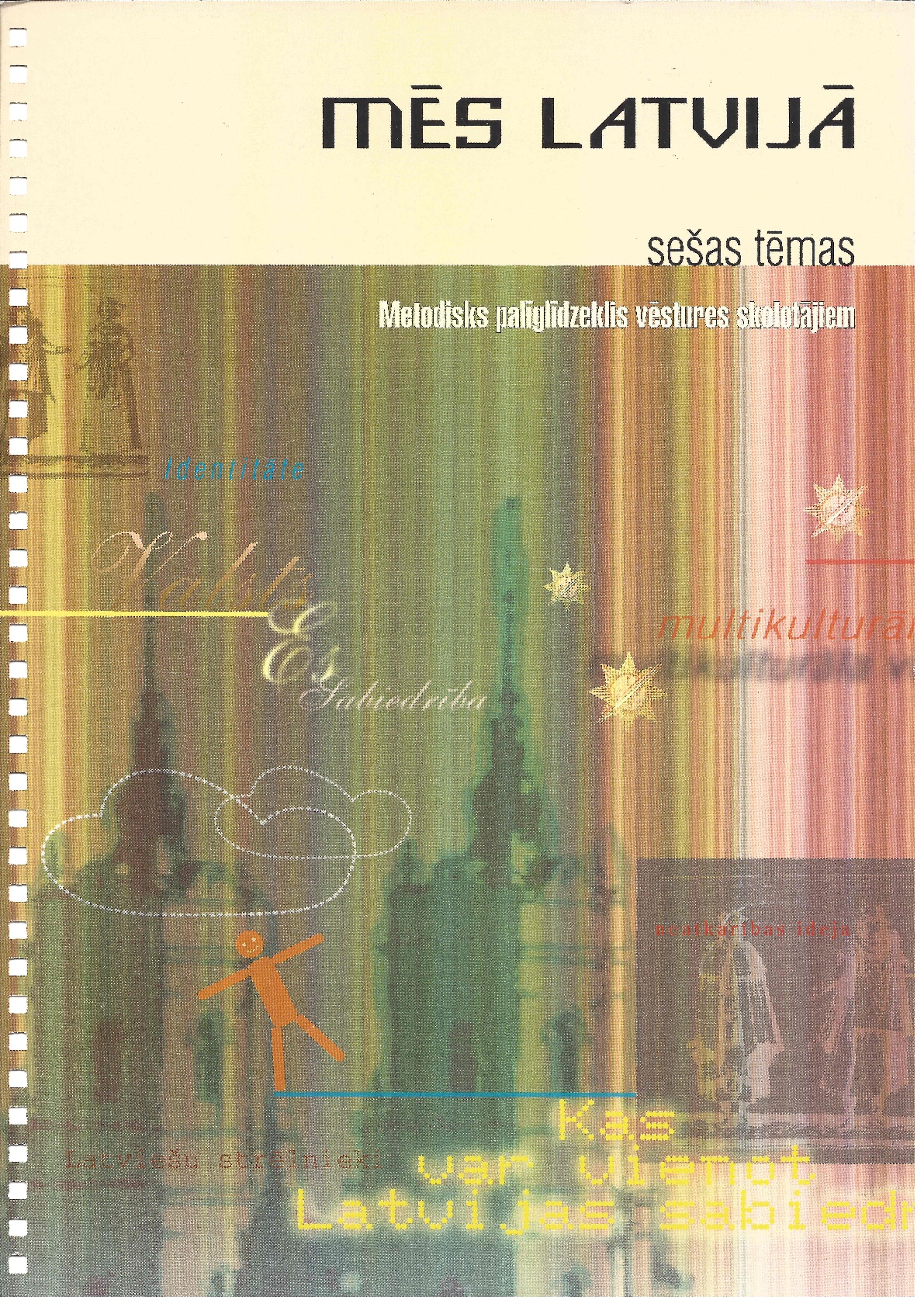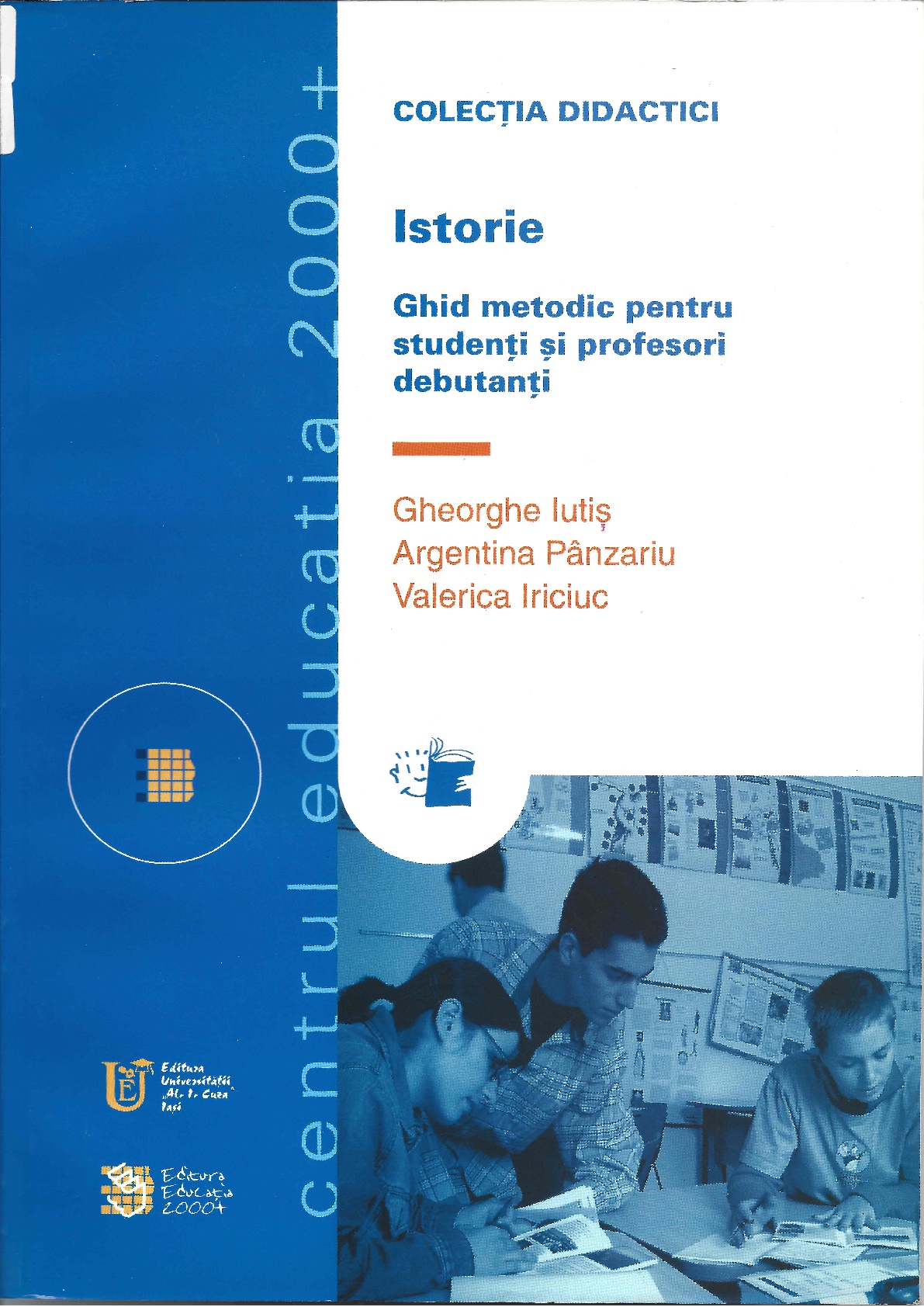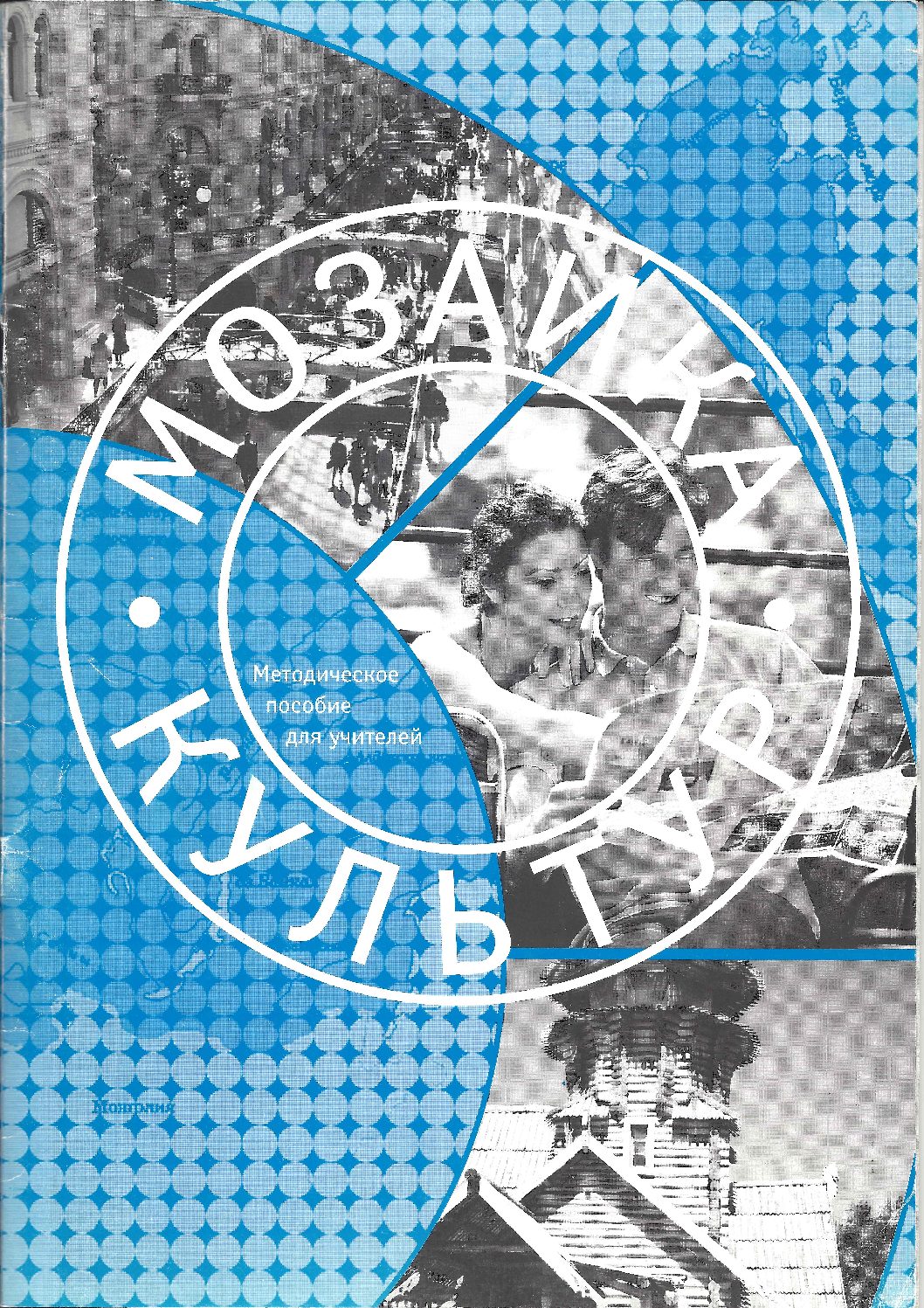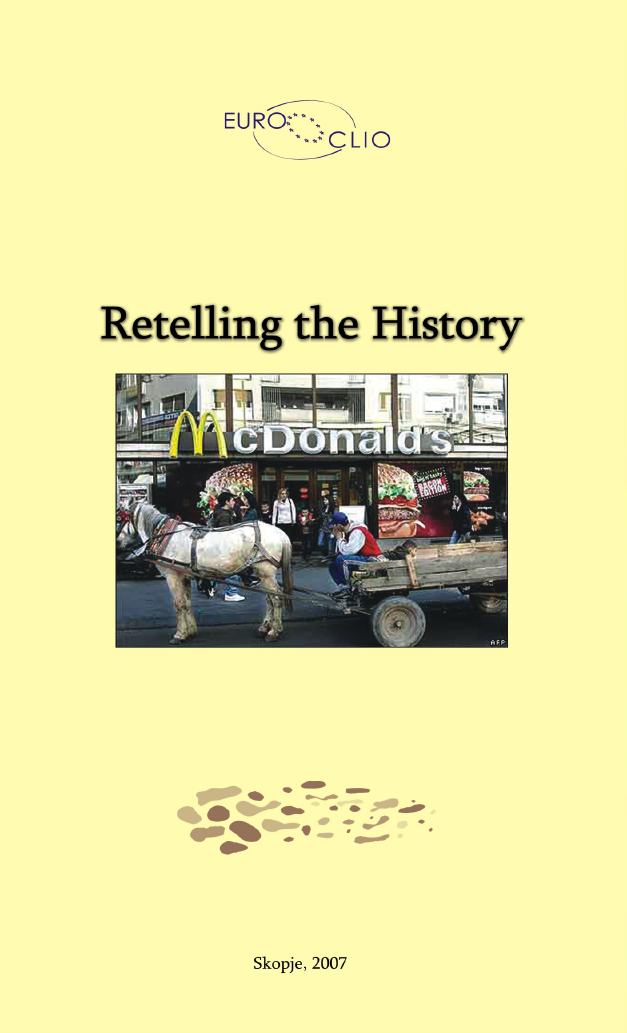In several post-colonial countries, the war on monuments and cultural traditions has been given impetus by the Black-Lives Matter movement and is further fuelled by racist hate messages on social media. Teachers grapple with heated debates on these issues in their multicultural classes. They have a tremendously difficult task in dealing with students’ emotions about contested pasts. Sometimes teachers are also confronted with violence outside the classroom. That happened to French history teacher Samuel Paty in 2020, when he was brutally beheaded in front of his school by a young extremist Muslim. In this polarized atmosphere, how can teachers organize a meaningful historical conversation that recognizes students’ interpretative traditions without freezing these traditions? Several researchers have pointed to the need for more intercultural orientation in history education. In the context of current tensions, it is therefore invaluable to consider in depth the different interpretative frameworks of student responses.
This paper focuses on this problematic by using a holistic approach to historical culture that encompasses three interactive levels of analysis: historical narratives; mnemonic infrastructures; conceptions of history. The third level offers the opportunity to historicize the concept of historical consciousness and to deconstruct its possible, implicit Western assumptions. Then, some aspects of the hermeneutic process of meaning-making in relation to conducting a conversation are discussed. This argument will be illustrated with two sensitive topics from the Dutch practice of history education.
To access the paper in its entirety, please click here.
Keywords
Historical Culture; Historical Consciousness; Gadamer; Samuel Paty; History Education

